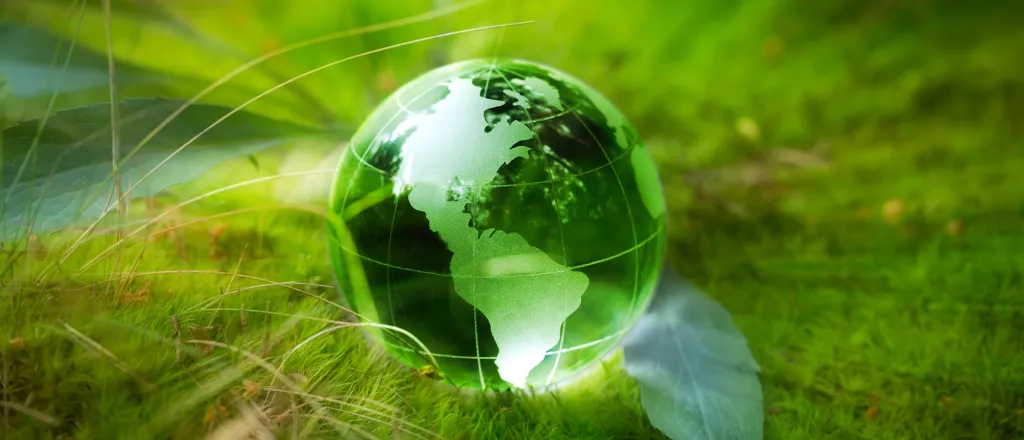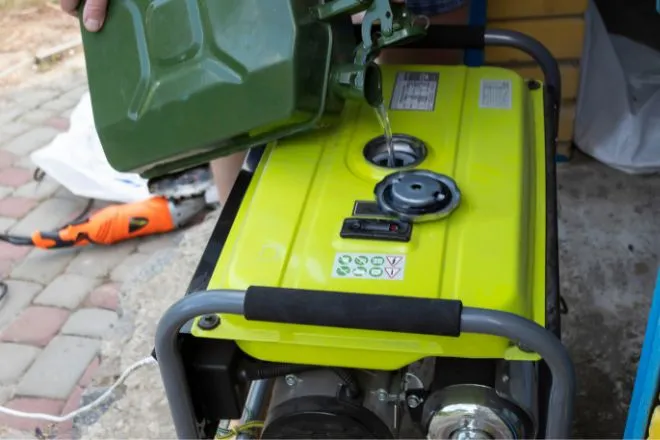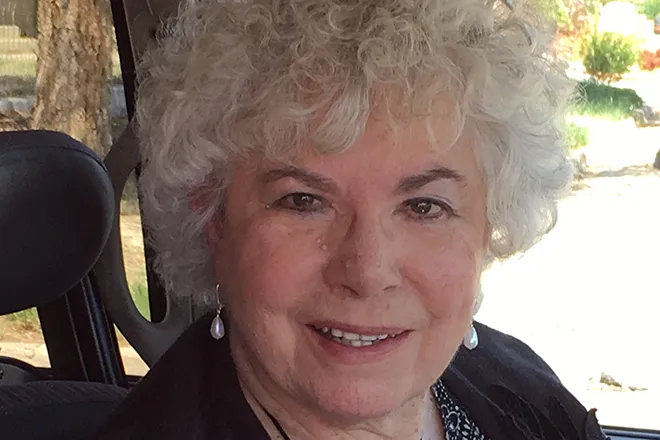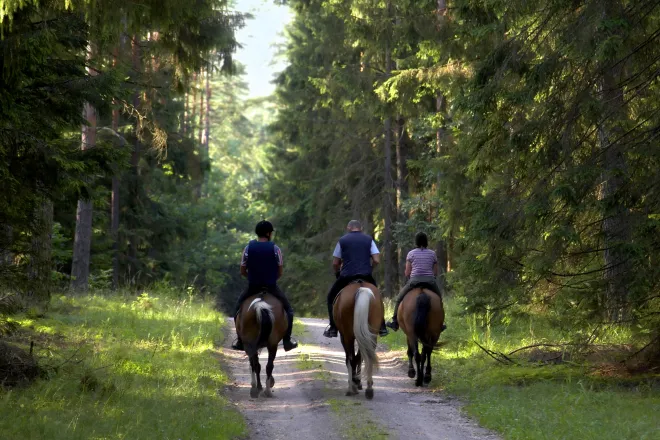
EarthTalk – Is there an effort to return national parks to Indigenous people?
© iStock
Dear EarthTalk:
What’s up with efforts by Native Americans to take back the national parks?
C. Woodend, Brea, CA
Prior to white settlement, as many as 15 million Indigenous people inhabited what would come to be called the contiguous United States; by the 1890s only about 250,000 remained. Today, roughly five million Native Americans live in the Lower 48, but they control only about two percent of the lands. Recently tribal activists have renewed efforts to remedy this historical misappropriation by demanding that control of the national parks be given back to the tribes.
“The national parks are sometimes called ‘America’s best idea’, and there is much to recommend them,” reports Leech Lake Ojibwe tribal member and author David Treuer in a recent op-ed in The Atlantic. “But all of them were founded on land that was once ours, and many were created only after we were removed, forcibly, sometimes by an invading army and other times following a treaty we’d signed under duress.”
Indeed, Indians were extricated from Yellowstone, Glacier and Yosemite national parks despite their ancestors having lived there for 10,000 years. But what happened in these landmark parks was just the tip of the iceberg, as Indigenous peoples were “robbed” of hundreds of other naturally significant sites from coast to coast as well.
“Apostle Islands National Lakeshore, in Wisconsin, was created out of Ojibwe homelands; the Havasupai lost much of their land when Grand Canyon National Park was established; the creation of Olympic National Park, in Washington prevented Quinault tribal members from exercising their treaty rights within its boundaries; and Everglades National Park was created on Seminole land that the tribe depended on for food,” reports Treuer.
Since we live in a time of “historical reconsideration,” he says, the national parks should be returned to Native control. “Indians should tend—and protect and preserve—these favored gardens again,” he writes, adding that not only would making such a transition be good for tribes, it would also be good for the American people and the parks themselves, which he says have been mismanaged in recent decades and currently face insurmountable federal maintenance and other backlogs.
“All 85 million acres of national-park sites should be turned over to a consortium of federally recognized tribes in the United States,” urges Treuer, excepting “a few areas run by the National Park Service, such as the National Mall.” The total acreage would be a far cry from the 90 million acres taken from tribes by 1887’s General Allotment Act, he maintains, which regulated land rights on tribal lands (and served to further splinter already displaces tribal communities). It would ensure unfettered access to tribal homelands and would go a long way toward restoring the dignity of America’s original peoples.
“To be entrusted with the stewardship of America’s most precious landscapes would be a deeply meaningful form of restitution,” he concludes. “Alongside the feelings of awe that Americans experience while contemplating the god-rock of Yosemite and other places like it, we could take inspiration in having done right by one another.”
CONTACTS
- “Return The National Parks To The Tribes,” theatlantic.com/magazine/archive/2021/05/return-the-national-parks-to-the-tribes/618395.














